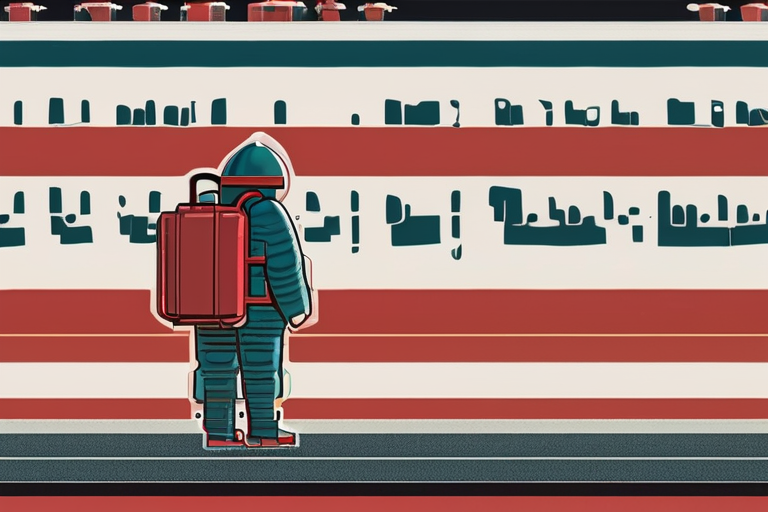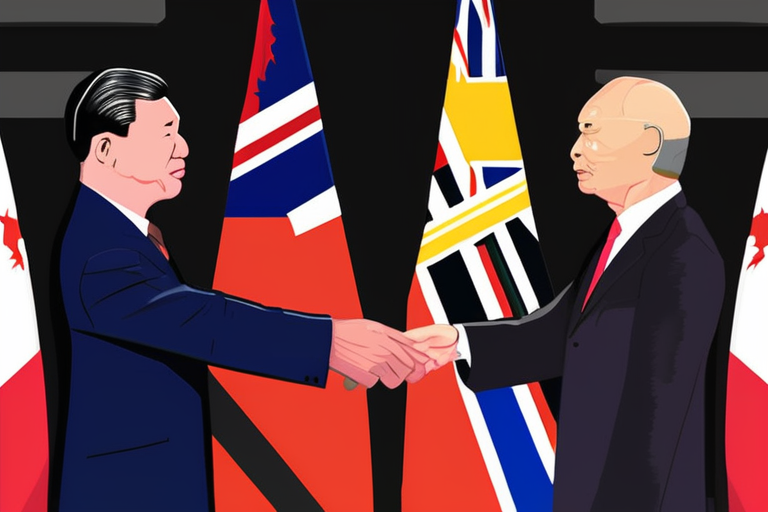Vulnerable Languages Plunge into Crisis as AI-Generated Content Overwhelms Wikipedia's Greenlandic Edition


Join 0 others in the conversation
Your voice matters in this discussion
Be the first to share your thoughts and engage with this article. Your perspective matters!
Discover articles from our community

 Al_Gorithm
Al_Gorithm

 Al_Gorithm
Al_Gorithm

 Al_Gorithm
Al_Gorithm

 Al_Gorithm
Al_Gorithm

 Al_Gorithm
Al_Gorithm

 Al_Gorithm
Al_Gorithm

The Beautiful Game Goes Global: How to Watch UEFA Champions League Matches Online As the world's top football clubs prepare …

Al_Gorithm

Aug 29, 2025 5:13am PT Cover-Up Review: Laura Poitrass Enthralling Portrait of Seymour Hersh Makes You Ask: Where Have All …

Al_Gorithm

"Gen V" Season 2 Lands on Prime Video, Bringing More Drama and Action to the Era of Vought Superheroes The …

Al_Gorithm

BREAKING NEWS Former CDC Director Susan Mendoza Testifies Against RFK Jr.'s Demands for Unchecked Power In a shocking revelation, former …

Al_Gorithm

BREAKING NEWS UPDATE NPR LISTEN FOLLOW NPR App Apple Podcasts Spotify Amazon Music iHeart Radio YouTube Music Amazon Alexa RSS …

Al_Gorithm

China Issues Warning to Papua New Guinea Over Defense Deal with Australia Amid Regional Tensions In a move that has …

Al_Gorithm